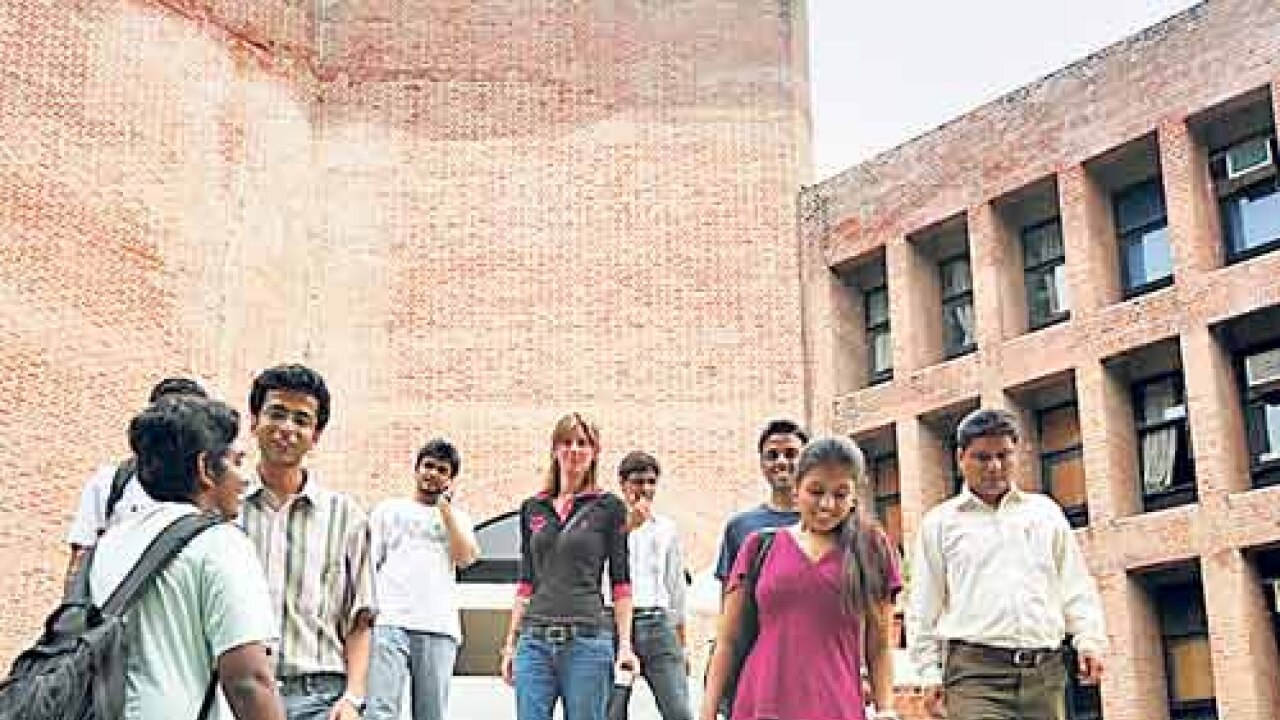
We seem to think that a qualification is an indicator of quality. It's the other way around, really. It is quality that makes the qualification certificate valuable. Such as the diploma offered by the IIMs, which has never pretended to be a full degree certificate and yet commands far greater value in the market than other degrees offered in India. The only place where it causes trouble is the domain of administrators and gatekeepers who must be subject to the letter of their laws. Businesses and decision makers pay for the value they perceive, it is only alumni who are headed for another degree who need another document from the institutes. Is it worth a whole new IIM Bill in parliament just to save some paperwork for students and alumni? If so, never have student interests been looked after so well, and indeed so superficially. This cannot be the real reason or advantage of an IIM Bill.
The IIMs have managed for decades without the convenience of a degree. The lack of a degree certificate troubles a very small percentage of students, and indeed, globally the pedigree is known enough amongst typical employers that the difference between a degree and a diploma does not matter anymore. It did matter in the years gone by and alumni have struggled to be ambassadors for the brand, have worked hard and smart to ensure that their alma mater is known. This is no altruism - the brand benefits the alumni and the quality of the alumni feeds the brand. The same applies to the wonderful quality of students produced by the Indian School of Business - no one questions the value of the alumni just because there are some regulatory hassles. The response of the other B-Schools who currently provide diplomas is merely an acknowledgement of their own fears that their product may not be strong enough in the market. They seem to need the support of the qualification. Instead, they should be building their own brands to be strong enough to not have to depend on mere certification.
Institutes of excellence are a pampered lot - they were an experiment (successful) to see if autonomy fosters excellence. These include but are not limited to the IIMs. For most of these, the experiment has proved successful. The years they had strong faculty and little interference from political and trade union forces, the institutes thrived. Other institutions have slowly been over regulated and politicised to the point of demonstrating very low levels of motivation for their main task - teaching, learning and researching to add to the body of knowledge. The IIM Bill needs to learn from this history and ensure that nothing in it leads to the kind of ossification that has plagued higher education in India.
The very real fear of political and non academic control is what has led many of the IIMs to turn away from this proposed legislation. The new structure brings the IIMs under a council that is a bit too close to the Central government for comfort. It is not that the IIMs should not be regulated or even aligned with national goals. Indeed they should, and this is why they were set up in the first place. In fact, most IIM faculty have been major contributors to all national policies with research and discussions leading policy by over a decade. The names are too numerous to recount - but India’s technology transfer years, the start of the IT revolution in the 70s, the exports boost, the HR theorists, a deeper understanding of our markets and so much more has been fostered at the IIMs. Those who watch the IIMs remember the watershed years of the late 70s when red flags of the trade unions rose within the IIM(A) campus for the first time, a short while before the Board was reconstituted to include people by position, not merit. The research slump followed soon after - and I leave it up to the gurus to judge whether they were related or not. When institutes seek excellence they need to be a true ‘ashram’ away from kingly politics led purely by an obsessive quest for knowledge. The prospect of positions, or even accountability to those who are led by power and politics has always led knowledge to suffer. It has been a long Indian tradition that the guru, the sage, stays in the jungle but is worshipped by the ruler.
The IIM Bill needs to honour that tradition of knowledge first. Accountability is essential as national funds are deployed. But the accountability must be to the masters and servants of knowledge, not to those of power and politics. Institutes of excellence have succeeded in the gurukul model of yore. The new Bill needs to support the investment of the past decades - like every intervention the primary rule has to be -‘First, do no harm’. This is the challenge to the IIM Bill - has it been designed to do good and no harm to what has been built? The regulations need to follow the institutes of excellence and support them rather than stand in their way - and that is what the IIM Bill needs to ensure.
Meeta Sengupta is a writer, advisor and consultant in education. She tweets at @meetasengupta